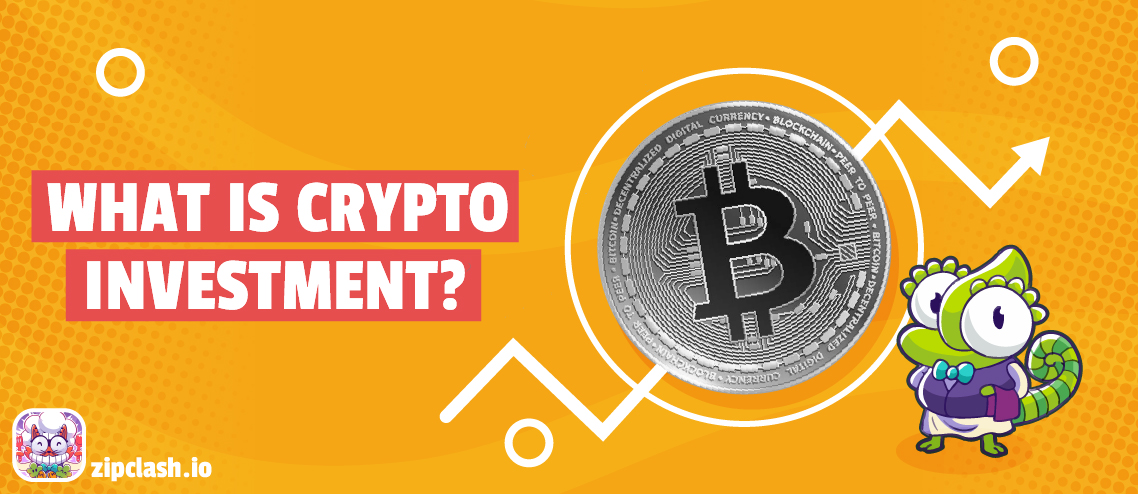All about crypto mining
Investing in cryptocurrencies and initial coin offerings (ICOs) is highly risky and speculative, and this article is not a recommendation by Investopedia or the writer to invest in cryptocurrencies or ICOs https://cherokeeroseenvironmental.com. Since each individual’s situation is unique, a qualified professional should always be consulted before making any financial decisions. Investopedia makes no representations or warranties as to the accuracy or timeliness of the information contained herein. As of the date when this article was written, the author owns Bitcoin and Ripple.
Cryptocurrency is a digital currency that doesn’t require a financial institution like a bank to verify transactions. In recent years it has become a topic of discussion from high profile business people like Elon Musk. Yet, despite the presence of crypto it may seem mysterious. Learn about what crypto is and how it works.
Though cryptocurrency blockchains are highly secure, off-chain crypto-related key storage repositories, such as exchanges and wallets, can be hacked. Many cryptocurrency exchanges and wallets have been hacked over the years, sometimes resulting in the theft of millions of dollars in coins.

All about crypto mining
DeFi protocols allow holders to vote on governance matters like technical changes to the software, community fund allocations, or adding new features or assets. The outcomes manifest automatically via smart contracts.
As more companies design cutting-edge mining chips catering to hobbyists and small independent miners, the playing field becomes more level versus large conglomerates. Commoditized access to advanced mining rigs benefits decentralization. More open competition squeezes incumbent giants relying on proprietary hardware access.
The rapid obsolescence of mining units as difficulty steps up leads to concerns around electronic waste. Retired rigs contain lead, mercury, gold, copper, and other toxic materials damaging if discarded irresponsibly.

DeFi protocols allow holders to vote on governance matters like technical changes to the software, community fund allocations, or adding new features or assets. The outcomes manifest automatically via smart contracts.
As more companies design cutting-edge mining chips catering to hobbyists and small independent miners, the playing field becomes more level versus large conglomerates. Commoditized access to advanced mining rigs benefits decentralization. More open competition squeezes incumbent giants relying on proprietary hardware access.
All about crypto currency
Cryptocurrencies represent a new, decentralized paradigm for money. In this system, centralized intermediaries, such as banks and monetary institutions, are not necessary to enforce trust and police transactions between two parties. Thus, a system with cryptocurrencies eliminates the possibility of a single point of failure—such as a large financial institution setting off a cascade of global crises, such as the one triggered in 2008 by the failure of large investment banks in the U.S.
So far, you’ve learned what cryptocurrencies are and how they work. You also know how to store them and where to trade them. However, understanding cryptocurrency is more than just understanding blockchains and mining. Understanding cryptocurrency is about understanding what those technologies can do for you.
Individual coin ownership records are stored in a digital ledger or blockchain, which is a computerized database that uses a consensus mechanism to secure transaction records, control the creation of additional coins, and verify the transfer of coin ownership. The two most common consensus mechanisms are proof of work and proof of stake. Despite the name, which has come to describe many of the fungible blockchain tokens that have been created, cryptocurrencies are not considered to be currencies in the traditional sense, and varying legal treatments have been applied to them in various jurisdicitons, including classification as commodities, securities, and currencies. Cryptocurrencies are generally viewed as a distinct asset class in practice.




